These 11 kinds of vegetables are particularly suitable for sprinkling a little "plant ash". The taste is better and there are fewer pests.
Today, in the pursuit of green and healthy diets, more and more families have begun to engage in the planting craze of balcony vegetable gardens or rural courtyards.
In this journey back to nature, an ancient and magical fertilizer - plant ash - is quietly becoming a favorite among many vegetable-growing friends. It is not only a product of the natural cycle but also a natural helper for plant growth.
Plant ash, this seemingly insignificant ash, actually contains rich mineral elements such as potassium, calcium, phosphorus, and magnesium. These elements are like "vitamins" for plant growth and are indispensable. With its unique alkaline property, it regulates the pH of the soil and provides a more suitable growth environment for vegetables.
These elements are crucial for promoting the healthy growth of plants. Whether it's the strengthening of the root system or the plumpness of the fruits, they all rely on their support.
Therefore, when growing fruits and vegetables, the appropriate application of plant ash has become one of the choices for many gardening enthusiasts.
From the experiences shared by vegetable-growing friends in the Fanmimi vegetable-growing group, many friends have found that their vegetables have taken on new vitality due to the use of plant ash.
Not only do the plants grow more vigorously, but even the long-standing pest problem has been alleviated.
Picture
This enthusiastic vegetable-growing friend's vegetables grow very well. He said that he scattered more plant ash last year and there were very few insects. Everyone can refer to it.
01
—
Top ten vegetables, the perfect companions of plant ash
Sweet potatoes and potatoes:
The potassium element in plant ash helps their tubers expand, doubling the yield. The supplementation of calcium and potassium makes the soil looser and the tubers fuller.
Chinese chives and scallions:
The supplementation of potassium makes the leaves of the onion and chive family greener, with better flavor, and promotes root development and increases the overall yield.
The sweet secret of tomatoes:
The addition of calcium and phosphorus makes the fruits plump, juicy and attractive in color.
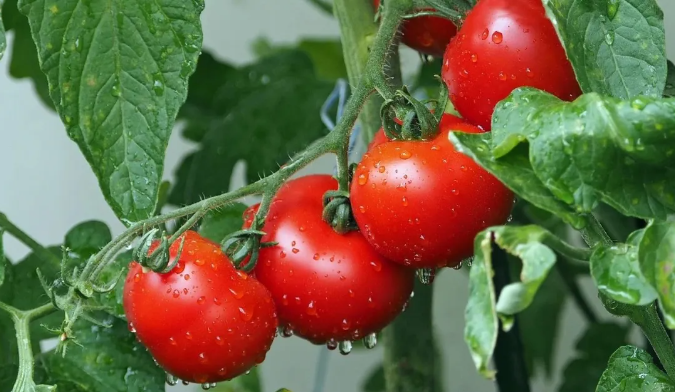
The green revolution of beans:
Promotes nitrogen absorption, and improves both the yield and quality of bean crops.
The potassium feast of Chinese cabbages:
The nourishment of potassium elements makes Chinese cabbages sweeter, crisper and tenderer.
The sweet protection of strawberries:
Not only does it increase production and improve quality, but it can also effectively resist pests and diseases.
The microelement treasure trove of cucumbers:
Helps cucumbers grow vigorously and bear fruits all over the vines.
The phosphorus element refueling station of carrots:
The nourishment of phosphorus makes the root system of carrots developed and the flesh plump.
The quality improver of eggplants:
The soil fertility is enhanced and eggplants are more tender and delicious.
02
—
Although plant ash has many advantages, its application also requires scientific methods. Excessive use may lead to soil alkalization, affecting the absorption of water and nutrients by plant roots, and even causing burns.
Therefore, it is recommended to apply it appropriately according to the soil condition and the growth stage of vegetables, and combine it with organic fertilizers and water management to achieve the best results.
Just as a wise old farmer said: "The land is our most loyal friend. Only by treating it well can we reap a full reward." When we learn to respect the laws of nature and care for every inch of land with our hearts, those once unknown seedlings will eventually grow into proud trees laden with fruits.
欢迎关注微信公众号:泛米米的小菜园
12本阳台种菜电子书限时免费送
关注【泛米米的小菜园】,发送“电子书”免费获取
随时随地在手机上学习交流阳台种菜
这篇文章出自 fanmimi 如需转载请注明出处;
这篇文章的地址:https://fanmimi.com/2024/575.html
本站部分资源收集于网络,纯个人收藏,无商业用途,如有侵权请及时告知!
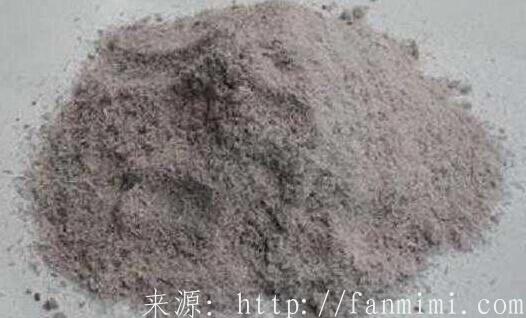 用草木灰自制一款叶面肥和杀虫剂,草木灰是很好的农家肥
用草木灰自制一款叶面肥和杀虫剂,草木灰是很好的农家肥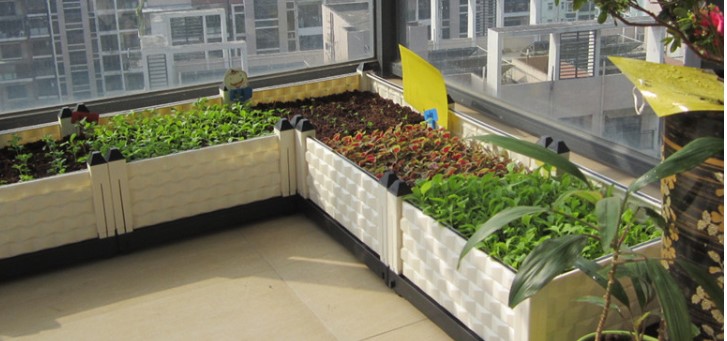 什么材质的阳台种菜盆好?怎么选择阳台种菜盆?
什么材质的阳台种菜盆好?怎么选择阳台种菜盆? 番茄裂果的原因和预防方法
番茄裂果的原因和预防方法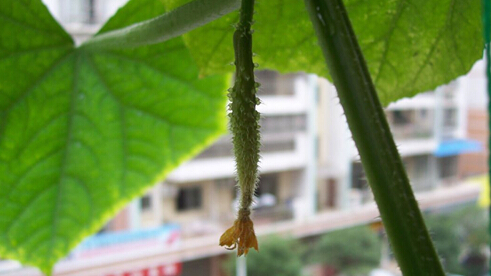 阳台种菜种的黄瓜长不大,长得很小是什么原因?
阳台种菜种的黄瓜长不大,长得很小是什么原因?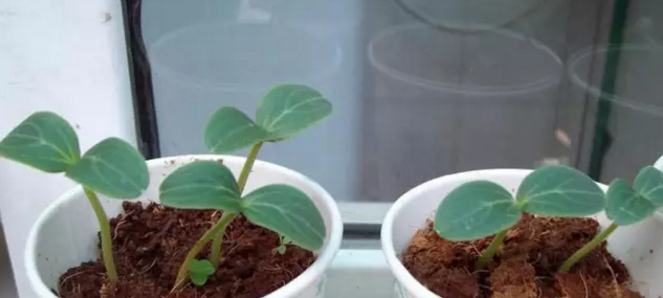 阳台种菜追肥时间、方法,盆栽蔬菜追肥详细步骤
阳台种菜追肥时间、方法,盆栽蔬菜追肥详细步骤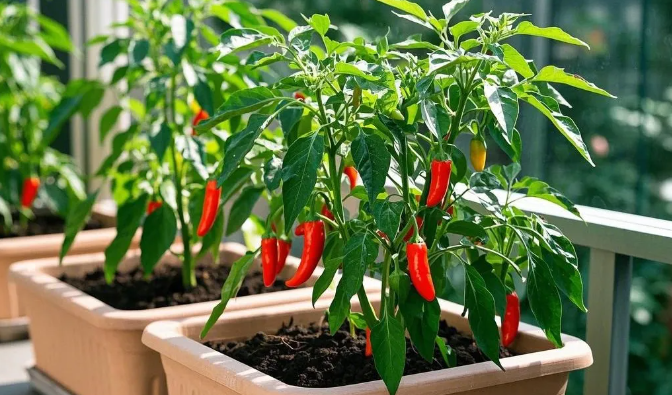 Pepper Planting on Balcony: 5 Techniques to Double Yield, 3 Plants for a Year's Supply
Pepper Planting on Balcony: 5 Techniques to Double Yield, 3 Plants for a Year's Supply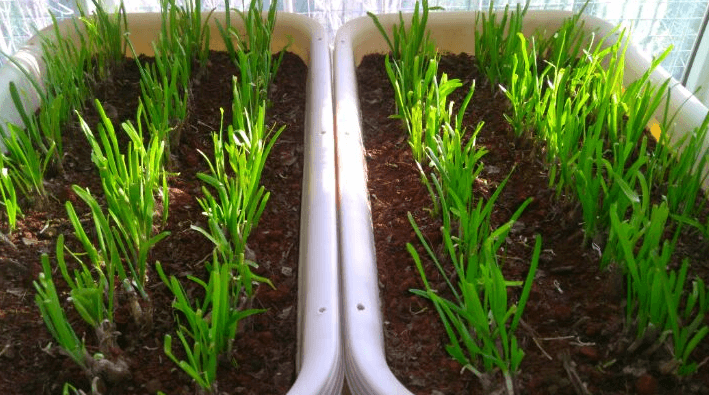 阳台盆栽的韭菜越长越细是怎么回事?盆栽韭菜怎么施肥?
阳台盆栽的韭菜越长越细是怎么回事?盆栽韭菜怎么施肥? 适合秋冬季节在阳台种植的6种耐寒蔬菜
适合秋冬季节在阳台种植的6种耐寒蔬菜